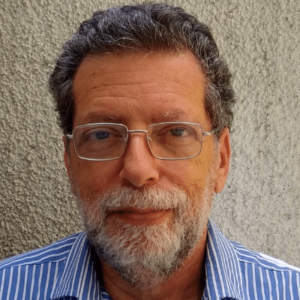Remembering with guidance and understanding
An issue that appears every so often in therapy is about forgiving. Many clients deal in therapy with issues that happened years ago, mostly in childhood and adolescence. Some of those issues are known to the clients when they start therapy or they remember them when they talk about their early years.
Uncaring parents, illnesses, violence, alcoholism in the family, violence, sexual abuse are often brought to therapy. The time when they start to talk about them is usually a delicate situation for the clients. There is not one road map, every client is different. Pain, rage, incredulity, horror are some of the emotions that surface. As a therapist I try to guide my clients to be as close as possible to the young person (themselves) who suffered those injuries. The process is deep and it involves remembering hurtful events. But this time it is from the security of a session, with guidance and understanding.
Who I was then
I encourage patients to see how they reacted to those events. Usually they realize that the things they did where the best tool they had at the moment to cope with the situation. Being rebellious, indifferent, denying and other mechanisms are seen now as whatever they could do to survive. People know inside that they deserve to be taken care of, as children, and to have a better life. The realization that life is not providing those things is hard.
Building up a sense of relief
When those issues are dealt with, many years later in therapy, a sense of relief starts to build up inside the clients. It is possible to talk about them, to understand that the solutions found then were the best for the situation. It is also a fact that those situations will never repeat themselves, but as well, they will never leave the person. Getting in touch with the little child that they were is comforting, reassuring and most of all, therapeutic.
The struggle of forgiveness
Once the work with the past is advancing, some clients question whether they should forgive their parents. This is a profound question that does not relate only to therapy. It is also a personal decision and there are several religions that say opposing things.
Some people believe that without forgiving the perpetrators of the wrongdoings, they cannot advance in life. Some people are angry at the perpetrators and do not want to forgive them. Some patients try, and many succeed, to understand why their parents / perpetrators acted like they did. Doing that is indeed very humane and also helps the client to move forward.
In my view
In my view forgiving is not a necessary part of healing. Realizing where some of our issues stem from, knowing how we reacted to them, feeling now the emotions that we then felt and also some other emotions, perhaps understanding why those acts happened are the basis for the therapeutic work and are also the basis for being able to move forward in life. Forgiveness is a personal decision.
Final note, the title of this article is a play on the words Forget me not – Ne m’oubliez pas. And that, not to be forgotten, is probably one of the best things we can leave behind.








